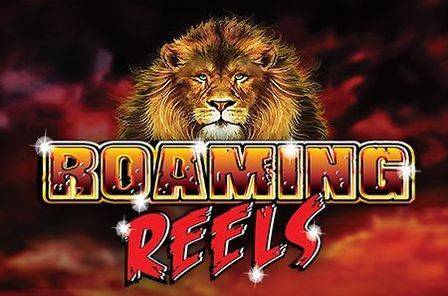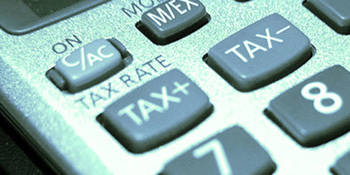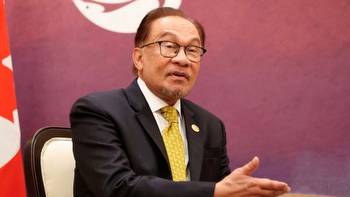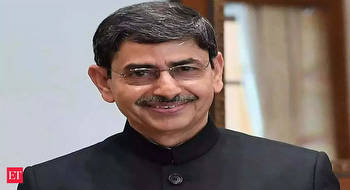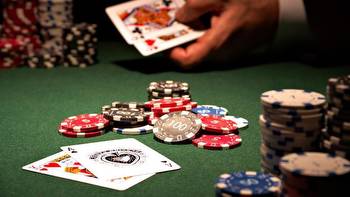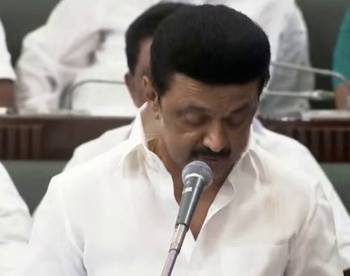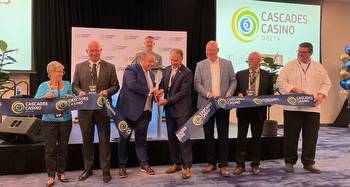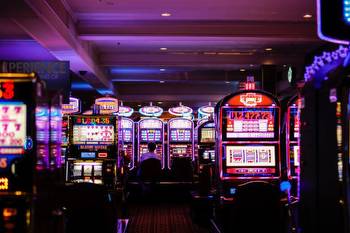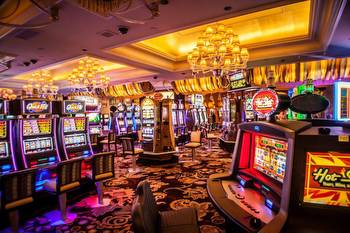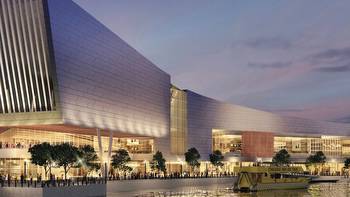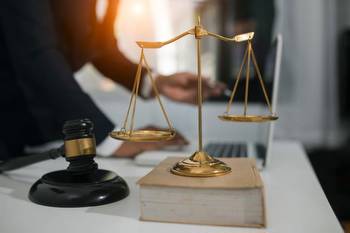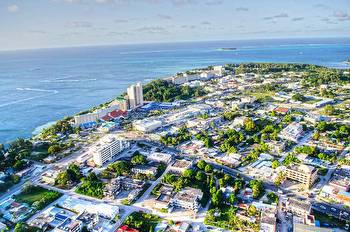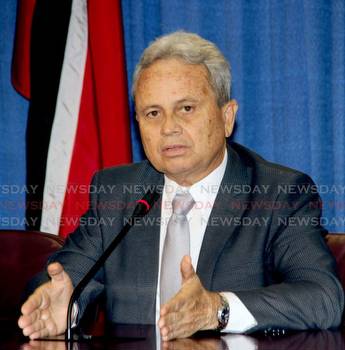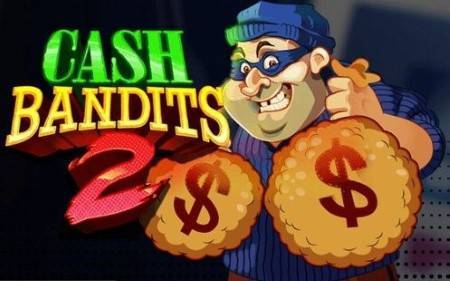Govt eyes $2b casino tax

THE Government expects to earn $2 billion from various taxes on casino-style gambling in Trinidad and Tobago, with the passage of the Gambling (Gaming and Betting) Control Bill 2021 in the House of Representatives on Wednesday.
This is what Minister of Public Administration Senator Allyson West told Newsday hours later. West is a former minister in the Ministry of Finance, an attorney and a tax specialist.
The bill was also passed in the Senate on Monday.
The House passed the bill without amendment with 21 votes "for", none "against" and 15 abstentions by Opposition MPs.
Opposition whip David Lee said he agreed the gaming sector needed regulating but the Opposition would not support "bad law." He vowed, "It will be tested in court."
Finance Minister Colm Imbert, in his wrap up, accused the Opposition of obstructing the proper regulation of the industry by five years of filibustering on the legislation.
The passage of the bill came at a time of tight finances for the Government.
Imbert told a virtual briefing last week Wednesday the country was spending more than it earned and deficit annual budgets could not continue indefinitely.
With a projected $8 billion deficit on this year's $50 billion budget (and a $16 billion deficit last year), he had said, "We have to look at things like subsidies on fuel, water and electricity."
On Tuesday, he told the Senate the retrenchment of 450 Caribbean Airlines (CAL) workers will cost taxpayers some $110 million.
The Government has also lost millions of dollars in revenue owing to the closure of Lotto booths because of covid19 restrictions from May 17 this year plus last year.
National Lottery Control Board (NLCB) chairman Eustace Nancis told Newsday the NLCB's monthly gross revenues were usually about $250 million.
Two months’ closure of Lotto this year and two months last year meant the NLCB had lost about $1 billion in all.
He said the NLCB pays seven per cent of its earnings to the Sports and Culture Fund, and up to 15 per cent in tax to the Consolidated Fund, with the rest funding prizes and the NLCB's operations.
Newsday calculated the lost revenue to the Government overall from the NLCB to be about $220 million.
With the passage of the bill, the Government can look forward to collecting taxes from the cost of gaming owners’ licence, taxes on tables, customs duty on imported gambling tables/devices and corporation tax.
West also hoped for a change in the past state of affairs where many establishments failed to pay the personal income tax of employees to the Board of Inland Revenue (BIR) plus contributions to the National Insurance Scheme (NIS) and the health surcharge.
Such employees cannot access paid maternity leave or sick leave, nor get a contributory pension.
"They don't get paid if they get ill. When you retire you fall back on the State to get an old age pension."
The bill lists the taxes on tables as including $120,000 for every Black Jack table, $150,000 for every Caribbean Stud Poker table, $120,000 for every roulette table, $120,000 for every electronic roulette table and $24,000 for every slot machine.
The bill also lists a $5 million criminal penalty and a $1.25 million administrative fine for failure to obtain a gambling licence, breaching the licence's terms and conditions, or inviting someone from a prohibited territory to gamble.
A $1 million criminal penalty and a $250,000 administrative fine awaits anyone using unapproved equipment/devices, counterfeit gambling instruments or unapproved chips.
West told Newsday, she estimated the gaming industry to be worth $16 billion annually, yet the taxes it paid had never exceeded $82 million in a given year.
She calculated that gaming establishments should annually pay about $2 billion in tax, comprised of $1.2 billion in corporation tax paid on their profits as a business, plus $500 million in taxes on the tables.
She said the Comptroller of Customs could shed light on the import duty owed on gaming devices. West lamented that some operators imported the tables disassembled so as to disguise their function, but said Customs and Excise can do a post-import audit to collect the correct duties.
However, she said, "Gambling establishments declared themselves to be private members clubs and don't pay any corporation tax. So the option is for the Government to look at this and address this issue."
She said the bill requires all gambling establishments to be registered. Such places pay money to a gaming commission which runs a fund to help vulnerable individuals dealing with gambling addiction.







